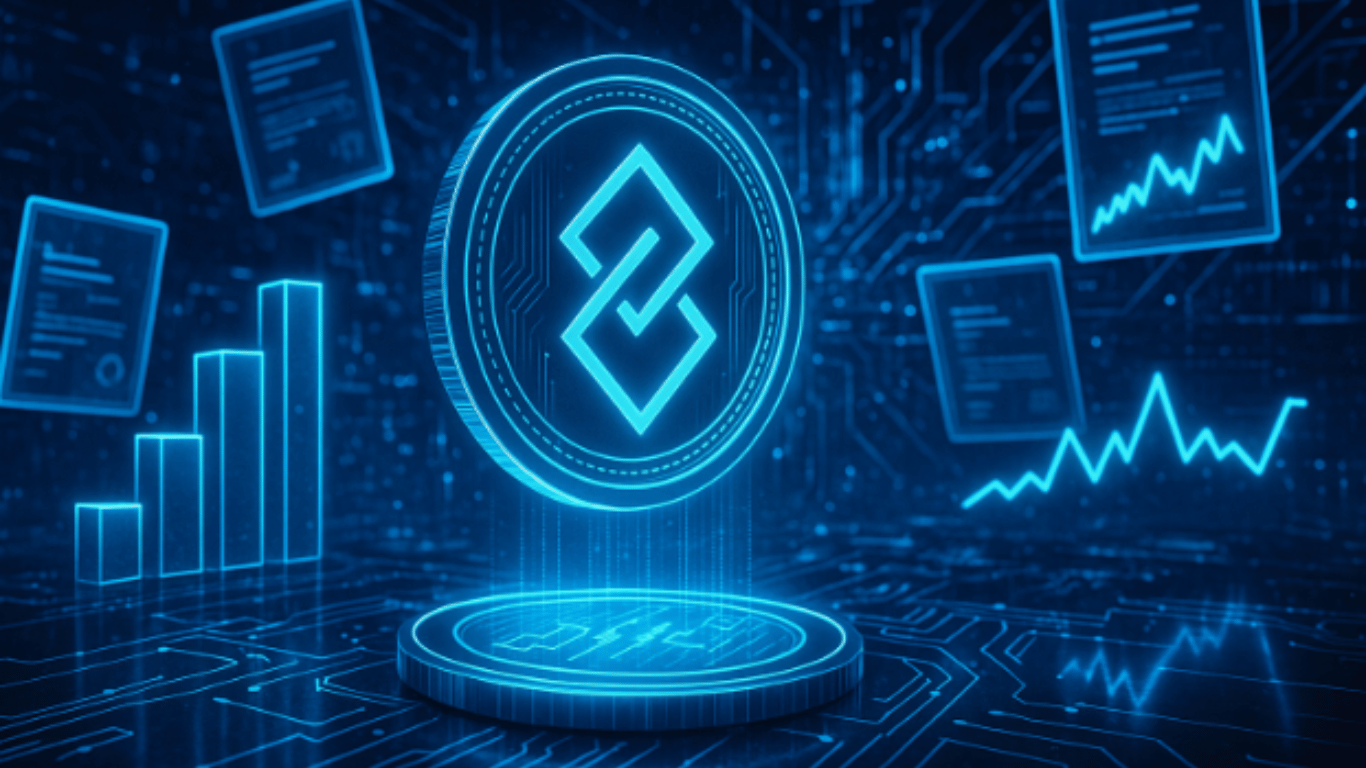Discover top fintech news and events!
Subscribe to FinTech Weekly's newsletter
Read by executives at JP Morgan, Coinbase, Blackrock, Klarna and more
JPMorgan Chase is preparing to impose new fees on fintech data aggregators that facilitate connections between financial apps and bank accounts, citing a surge in non-transactional API activity that it says is overloading its infrastructure and raising fraud risk.
According to an internal memo reviewed by CNBC, JPMorgan recorded 1.89 billion API requests from aggregators in June 2025 alone. Of those, just 13% were tied to direct customer activity, such as initiating a transaction. The remainder were classified as background data pulls, often used to fuel product features, risk engines, and data collection for analytics or resale.
The bank — the largest in the United States by assets — has confirmed that it will begin charging aggregators for access to its systems, with potential implementation starting as early as October. Negotiations with major data intermediaries are ongoing, sources familiar with the matter told Bloomberg and CNBC.
Infrastructure Cost and Operational Pressure
JPMorgan’s decision to implement charges comes as the volume of API calls has more than doubled in two years, increasing the cost of maintaining secure access channels and contributing to system load across its retail banking operations.
Internal documentation cited by CNBC shows that a single unnamed aggregator — reportedly Plaid, according to multiple sources — accounted for 1.08 billion API requests in June. Just 6% of those requests were linked to active customer actions.
The memo also ties the surge in third-party API traffic to elevated fraud exposure, particularly in electronic Automated Clearing House (ACH) payments. Transactions involving data aggregators were 69% more likely to result in fraud claims, with JPMorgan attributing $50 million in related fraud losses to such transactions in the current year. That figure is projected to triple within five years, if current patterns hold.
Regulatory Context and Market Backlash
The move by JPMorgan follows legal uncertainty surrounding the Consumer Financial Protection Bureau's (CFPB) "open banking" rule, which had required financial institutions to provide customer data to authorized third parties at no charge. That rule is now being contested in court, and industry stakeholders are waiting on a final outcome.
Originally intended to encourage financial competition and transparency, the rule has been challenged by major U.S. banks, including JPMorgan. Shortly after the rule's finalization, CEO Jamie Dimon publicly criticized the regulation, arguing it placed an unfair operational burden on institutions.
Fintech firms and investors have reacted to the proposed fees by accusing JPMorgan of anti-competitive behavior, alleging that the move creates a paywall around data access that many fintech business models rely on.
However, JPMorgan maintains that its cost structure has shifted significantly as aggregator volume increases and that charging for high-frequency access is necessary to ensure system stability and data security.
Market Implications
Data aggregators such as Plaid, MX, and Yodlee have historically operated under a no-fee access model, offering connections between user bank accounts and fintech apps that provide services like no-fee checking, trading, and automated budgeting. These connections rely on frequent API calls to refresh balances, detect overdrafts, or provide real-time alerts.
If JPMorgan’s proposed fee structure takes effect, aggregators may face hundreds of millions of dollars in new annual costs, which could impact pricing, data strategies, or the availability of certain services. According to Forbes, Plaid alone could see up to $300 million in fees annually under one version of the proposed schedule.
While JPMorgan has reportedly held productive conversations with some aggregators, it remains unclear how many are prepared to modify their practices or pricing models in response. At least 13 aggregators were tracked in JPMorgan’s internal analysis; only four others registered more than 100 million API calls in June.
The decision by JPMorgan to charge fintech middlemen marks a significant development in the evolving dynamics of bank-fintech relationships, with potential ripple effects for open banking, data rights, and the cost of financial access. As regulatory frameworks shift and institutions reassess their digital infrastructure strategies, the financial industry may be moving toward a model where data is no longer free by default, even when consent is granted.













